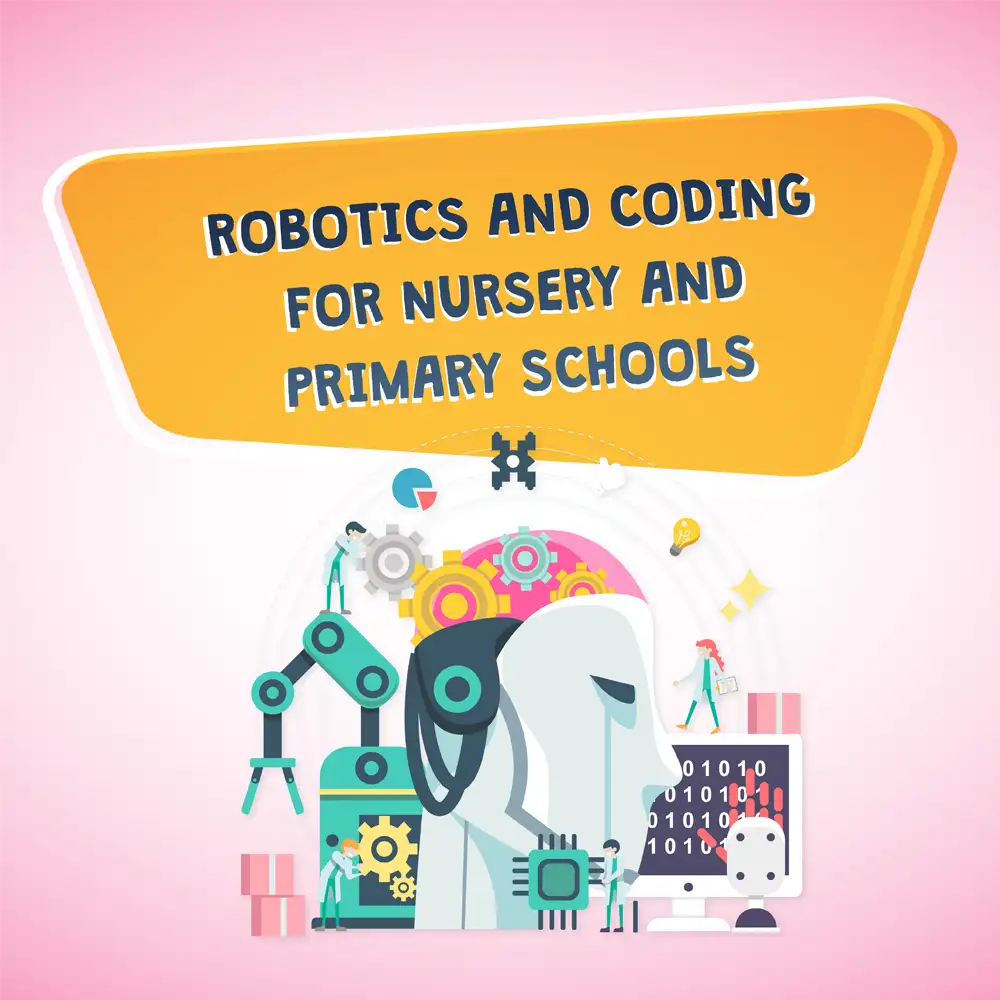DERMEN ERASMUS TRAINING COURSES

- #ROBOTICS AND CODING FOR NURSERY AND PRIMARY SCHOOLS

Course Content:
The Robotics and Coding Teacher Training Course is designed to equip educators with the necessary knowledge and skills to effectively integrate robotics and coding concepts into nursery and primary school curricula. Participants will gain hands-on experience with age-appropriate robotics kits and coding tools, enabling them to create engaging and interactive learning experiences for their students. The course emphasizes the importance of fostering creativity, critical thinking, problem-solving, and teamwork through robotics and coding activities. Participants will complete a final project that demonstrates their ability to create an engaging robotics and coding activity suitable for their classroom. The project will be evaluated based on creativity, integration of learning outcomes, and age-appropriateness. Participants will also complete periodic quizzes and reflective exercises throughout the course.
Objectives:
- To introduce educators to the significance of robotics and coding in early childhood education.
- To explore the benefits and learning outcomes for students through robotics and coding activities.
- To equip teachers with the knowledge of popular robotics platforms and coding tools suitable for nursery and primary school levels.
- To identify age-appropriate robotics concepts for nursery and primary school students.
- To integrate robotics into play-based learning activities for younger children.
- To teach coding fundamentals using visual programming languages.
- To facilitate the understanding of algorithms, loops, and conditional statements in a playful manner.
- To enable educators to create interactive storytelling activities using coding concepts.
- To integrate robotics and coding activities into various subjects, fostering cross-curricular learning experiences.
- To provide hands-on experience in building and programming robots with age-appropriate kits.
- To troubleshoot common issues in robotics and coding projects.
- To develop strategies for assessing students’ learning outcomes in robotics and coding.
- To encourage and nurture creativity and innovation through robotics and coding activities.
- To enable teachers to organize collaborative robotics projects and competitions within the school.
- To empower educators to create a robotics and coding enriched classroom environment.
- To engage parents and caregivers in supporting students’ learning at home in robotics and coding.
- To foster a community of practice for continuous professional development in robotics and coding education.




